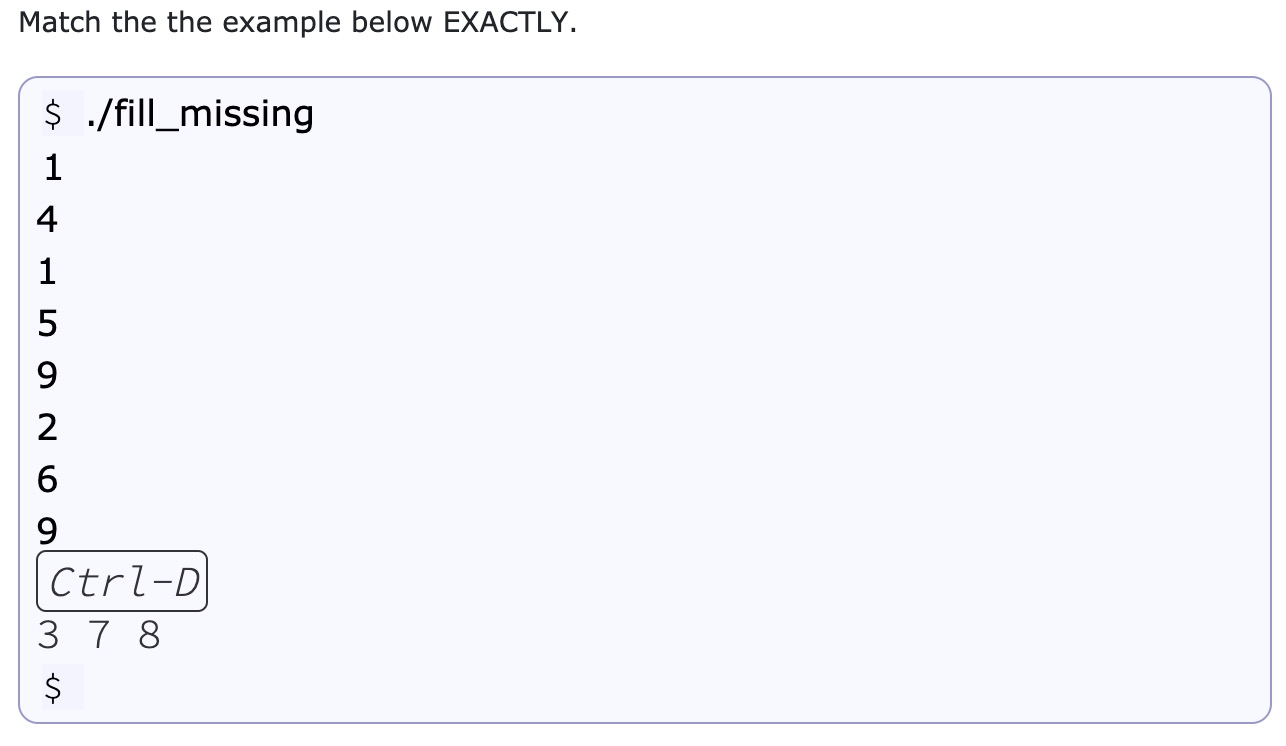

- #C terminal find file how to
- #C terminal find file install
- #C terminal find file archive
- #C terminal find file code
I hope you found this informative and helpful, stay tuned for more tutorials on similar topics.You may also checkout our training program to get in-depth knowledge on jQuery along with its various applications, you can enroll here for live online training with 24/7 support and lifetime access. With this we come to the end of this blog on ‘How To Compile C program in Command Prompt’.
#C terminal find file code
Here, our Armstrong code is executed and we got output for this code. This is done by simply giving the name of the executable file without any extension. In the next step, we can run the program. In our case, we will use Armstrong.c.Īfter this, an executable file will be created in the directory that your c file exists in. To do this we need to use the command gcc followed by the name of the program we are going to execute. Our program is already in the user directory so, we don’t need to change it. We need to pass the name of the directory in which the program is stored. You can also use the command to search for files on a filesystem. You can do that by using the command ‘ cd’, which changes the directory. The MinIO Client mc command line tool provides a modern alternative to UNIX commands. Printf("%d is not an Armstrong number.",num) Ĭhange the working directory to where you have your C program. Printf("%d is an Armstrong number.",num) I have written a program to find the Armstrong Number and store it in the directory user. You can search for cmd in your windows system to open the command prompt.Ĭreate a c program and store it in your system.
#C terminal find file install
If not you need to download a gcc compiler and install it. Run the command ‘gcc -v’ to check if you have a compiler installed.
#C terminal find file how to
So let us get with this article on how to compile C progam in command prompt, How to Compile C Program in Command Prompt?

In this article we would be understanding how to compile C program in command prompt. The command prompt has a set of steps we need to perform in order to execute our program without using a GUI compiler. PS C:UserschpapDocumentsDokumentePython lernen> (I saved the file in a folder called Python lernen). When I rightclick on that name and choose open in terminal, the terminal opens and gives me the prompt.
#C terminal find file archive
We can use ls to see the archive file that is created for us.We usually use a compiler with a graphical user interface, to compile our C program. Let´s say the name of the saved file is helloworld (correctly helloworld.py). The tar utility will create an archive file called “page_.”

To address this shortcoming the xargs command can be used to parcel up piped input and to feed it into other commands as though they were command-line parameters to that command.


 0 kommentar(er)
0 kommentar(er)
